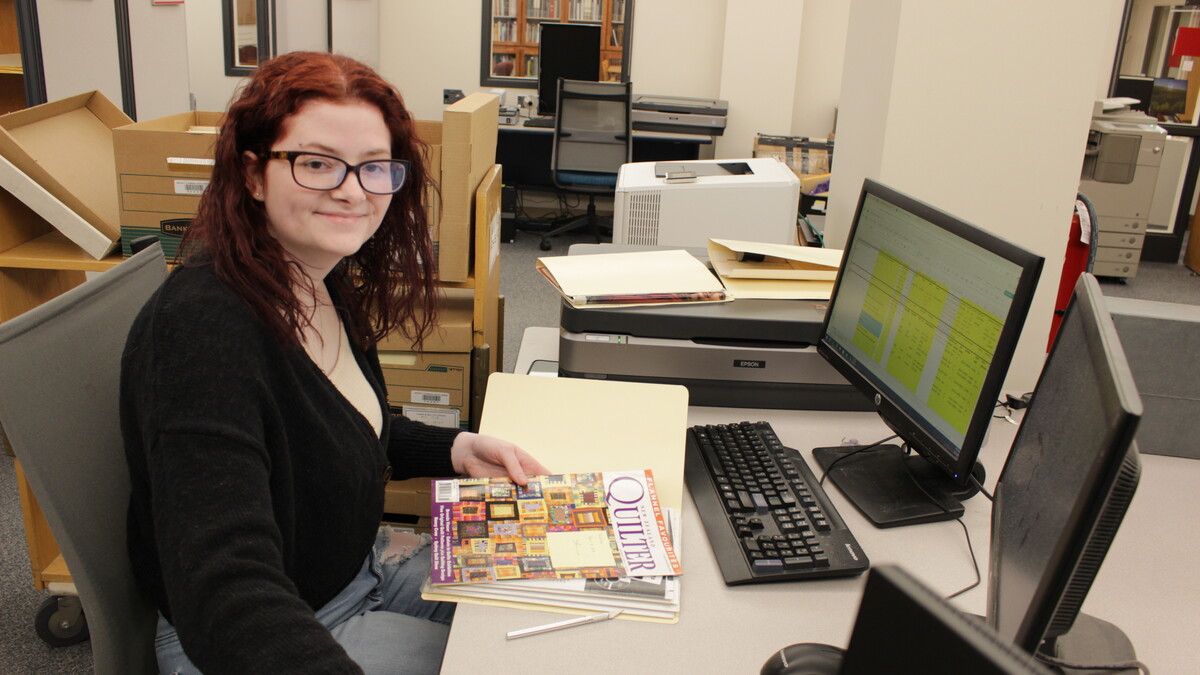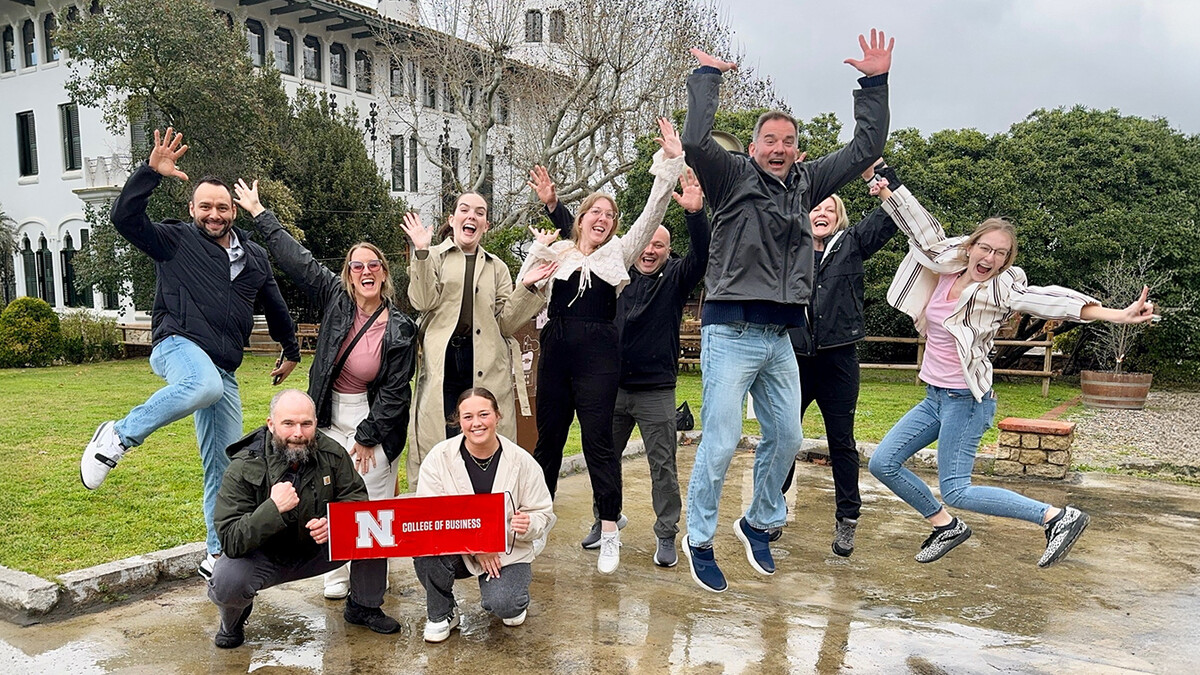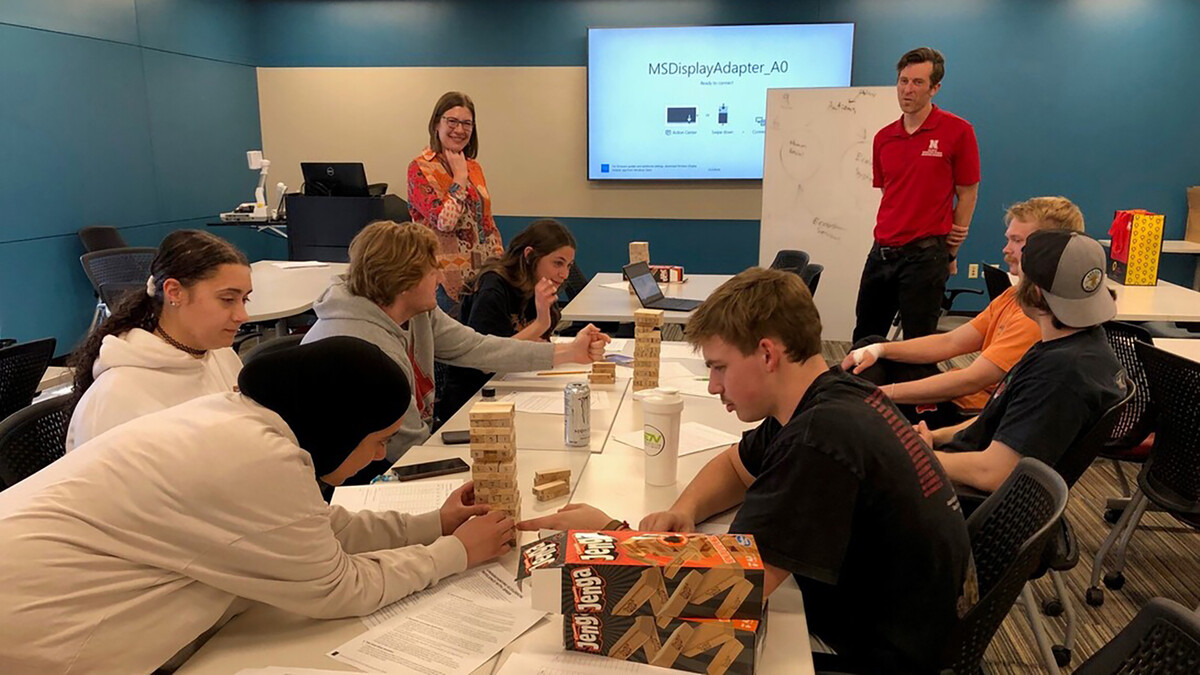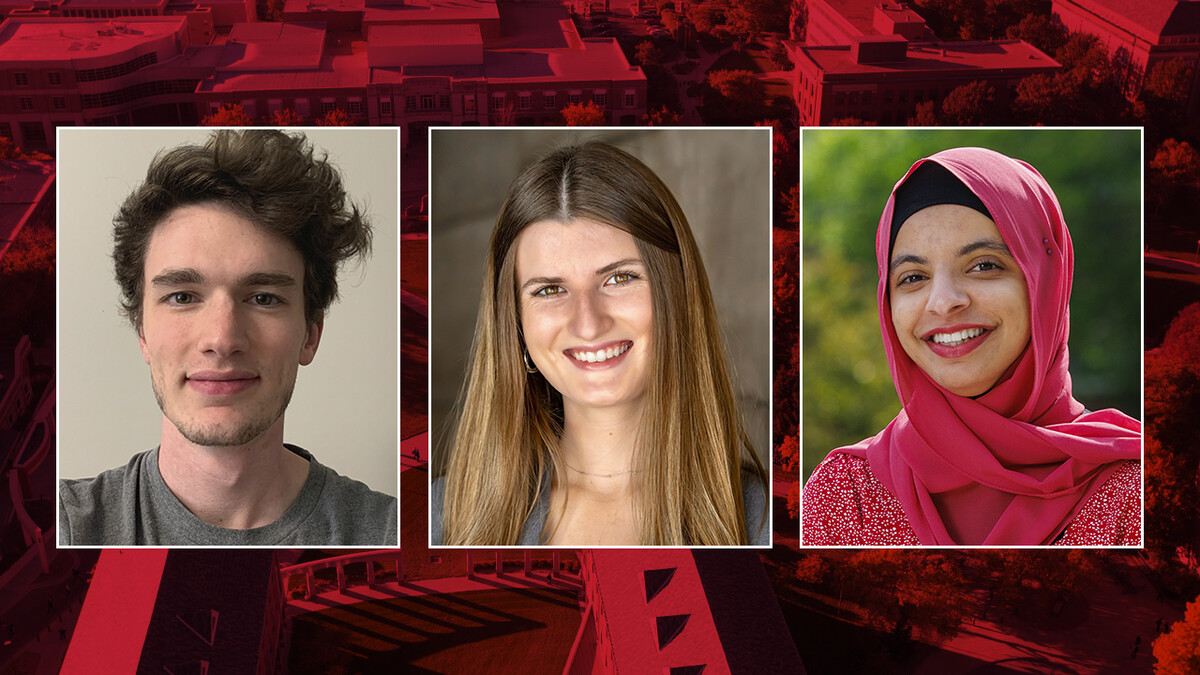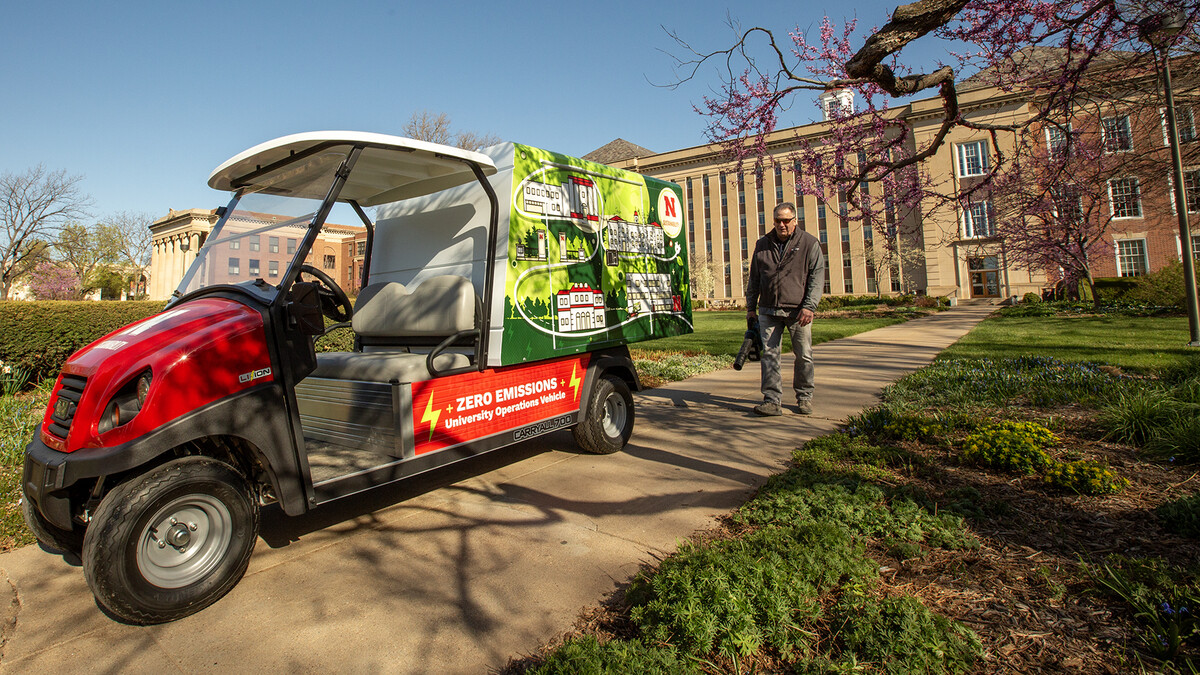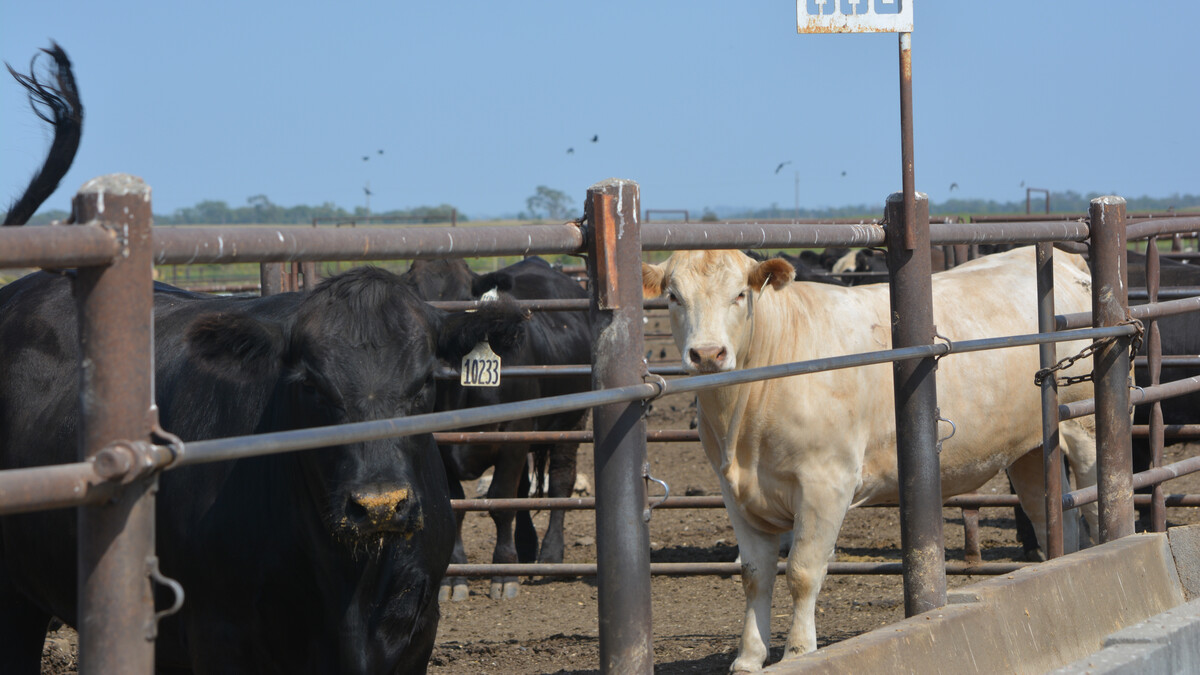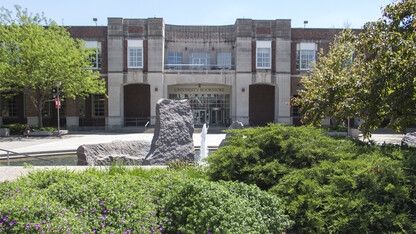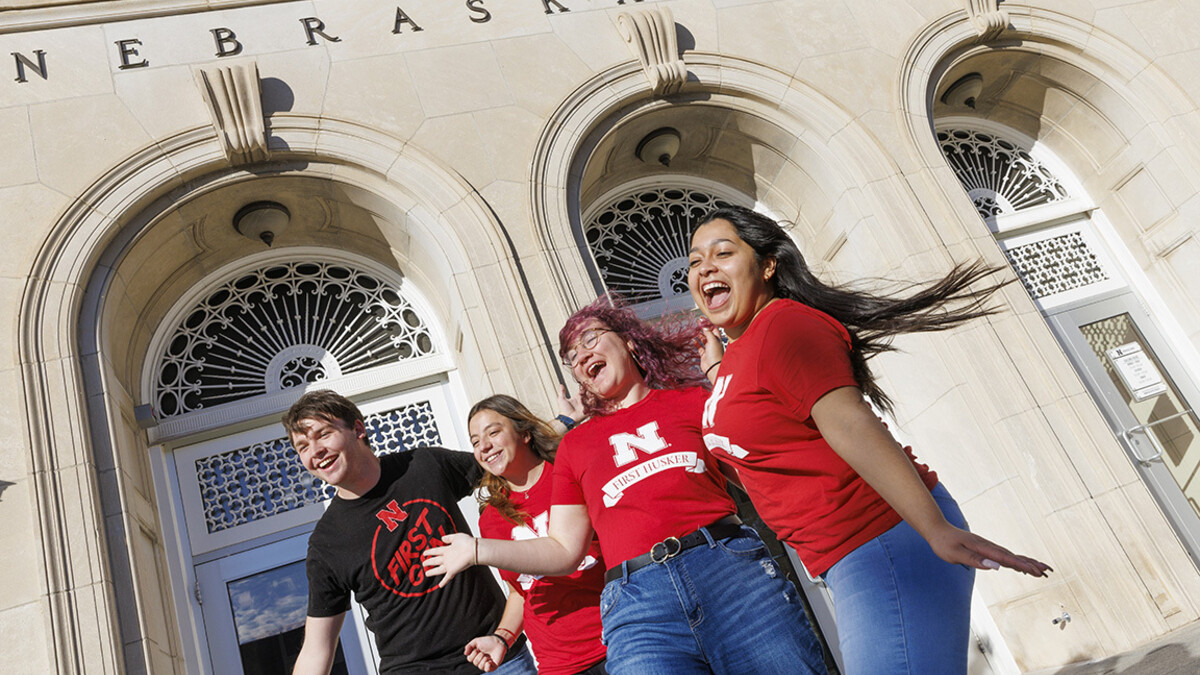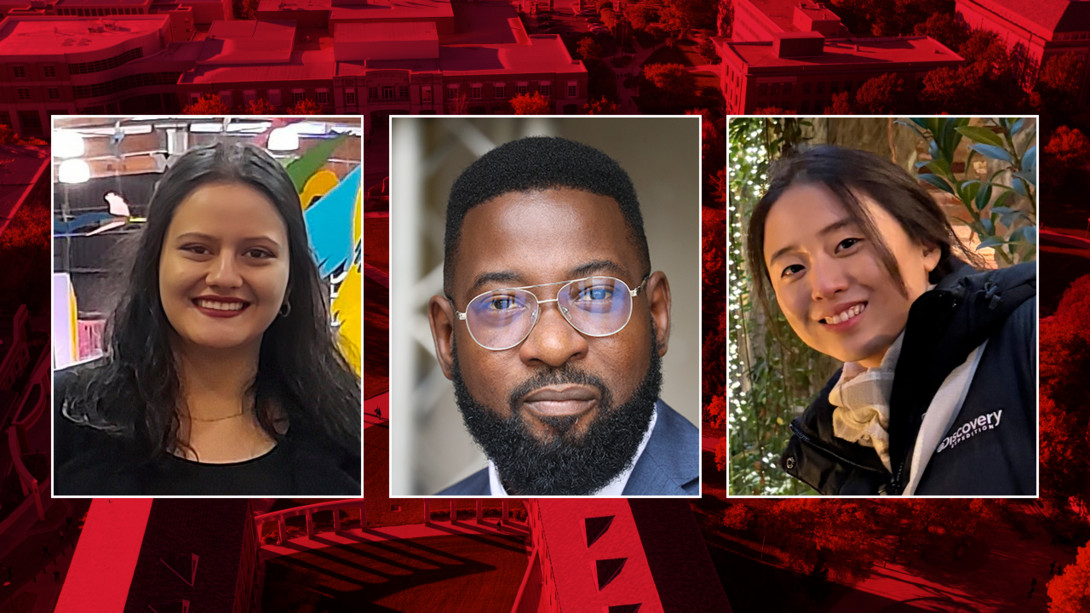
The University of Nebraska–Lincoln's Center for Digital Research in the Humanities has announced its cohort of Digital Humanities fellows for the summer of 2025. The graduate students will participate in the program designed to support their research, scholarship, professional development and creative production skills. Each student receives a stipend and will spend the first half of the summer in a dedicated shared workspace at the Dinsdale Family Learning Commons under the mentorship of Carrie Heitman, director of the Digital Humanities Summer Fellowship.
“The Summer Fellowship a unique opportunity for students to engage in sustained conversations across fields and disciplines and each summer we emerge from the fellowship having been positively transformed by those interactions,” Heitman said.
The four fellows are:
Silvia Hernández Crispín, a second year Master of Arts student in modern languages in the College of Arts and Sciences. She received a Bachelor of Arts in Spanish and literature at the Universidad Industrial de Santander, Colombia. Her fellowship project, "From Archive to Access: Preserving and Analyzing Elisa Mújica’s Forgotten Influence from Latin American Literature," focuses on preserving and analyzing approximately 100 critical reviews written by Mújica.
Aditya Sandeep Ghalsasi, a first-year doctoral student in political science in the College of Arts and Sciences. He received a Master of Arts in government and a Master of Science in industrial engineering from New Mexico State University and a Bachelor of Technology in mechanical engineering from SRM Institute of Science and Technology, India. This summer, he will work on “Paradise Usurped under the Guise of Security,” a digital archive that combines historical documents, maps and oral histories related to the Chagos sovereignty dispute between the United Kingdom and Mauritius.
Eunhong Lee, a doctoral candidate in philosophy in the College of Arts and Sciences. She received a Master of Arts and Bachelor of Arts in philosophy from Chung-Ang University, South Korea. Her project, "Robert C. Solomon Digital Archive: Mapping Emotion, Existentialism, and Ethics,” focuses on the works and philosophical contributions of Solomon — a leading scholar in the philosophy of emotions, existentialism and business ethics.
Babatunde Okunlola, a first-year Master of Arts student in journalism in the College of Journalism and Mass Communication. He received a Master of Arts in peace and development studies from the University of Ilorin, Nigeria, and a Bachelor Arts in English language from Olabisi Onabanjo University, Nigeria. His fellowship project, “Saving the Osun River; a Digital Archive of Osun River Pollution Investigations," aims to digitize and create a searchable archive of underreported stories and investigations conducted on the Osun River's pollution over the past decade.
Summer 2025 will be the fourth year for the center's Digital Humanities fellowship. Thus far, the program has served 12 graduate students from five different departments at the University of Nebraska–Lincoln. The 2025 cohort will expand the program’s scope to eight different departments across three colleges. In 2025, the center celebrates its 20th anniversary at the University of Nebraska–Lincoln.
